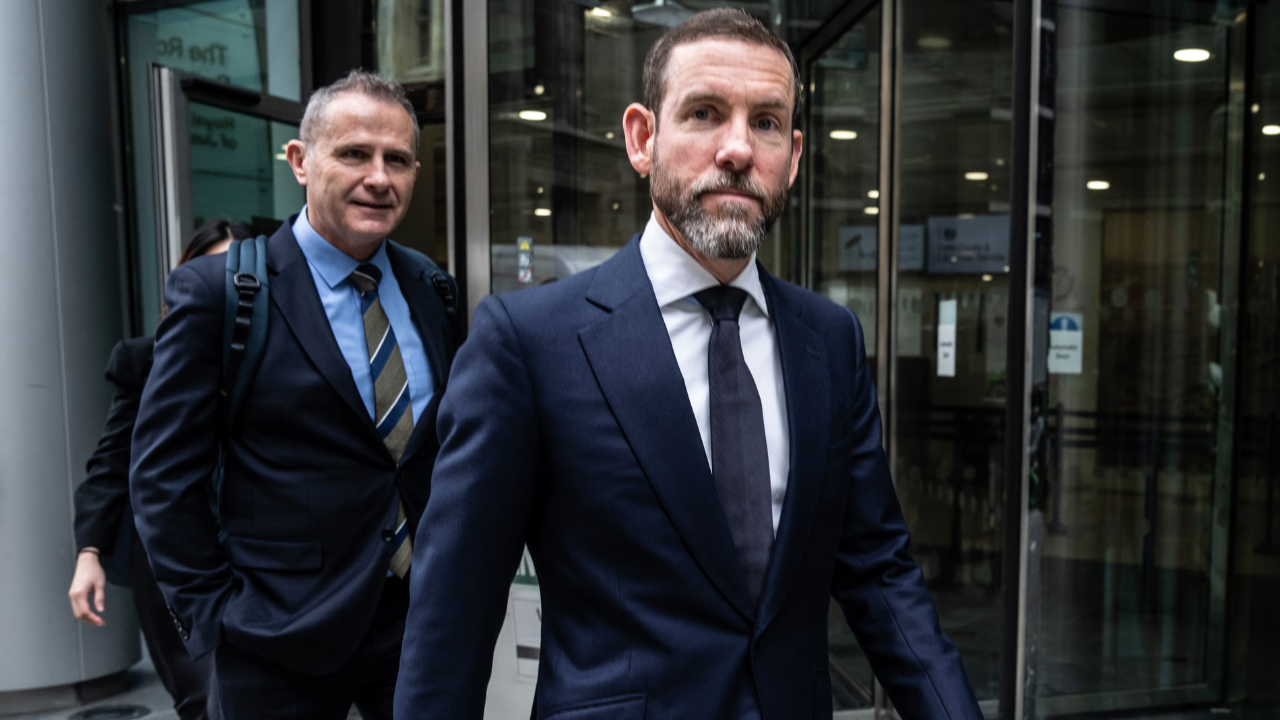
First Brands Group is a large company that supplies car parts, including brakes and filters, to major retailers such as AutoZone and Walmart. In November 2025, the company informed a Houston court that it required $600 million in emergency funding immediately, or it would be forced to shut down completely.
The situation worsened because different lenders who had loaned money to First Brands began fighting with each other.
Some lenders stated that the company had promised the same equipment and inventory as payment for multiple loans simultaneously, which violated their agreements. Onset Financial, which owed $1.9 billion, attempted to block the company from borrowing additional funds.
There was also confusion about $230 million in disputed assets that made negotiations even harder. The company’s problems began about a decade ago when Patrick James, the founder, decided to expand the business by acquiring 24 other auto parts suppliers.
First Brands acquired well-known brands such as FRAM, Raybestos, Trico, and Autolite. The company’s yearly revenue grew from $1.6 billion to $5 billion by 2024; however, it also incurred massive amounts of debt during this expansion.
Hidden debts and growing expenses eventually forced First Brands to file for bankruptcy in September 2025. The real crisis became public in July when the company tried to refinance $6.2 billion in debt.
Onset Financial declared that the company had defaulted on its $1.9 billion debt, and SouthState Bank used the $27 million that First Brands had left in the bank to settle unpaid bills.
When the Collapse Spreads Beyond One Company

The collapse of First Brands shook the entire auto parts industry, as major retailers heavily depended on this company. Stores like AutoZone, O’Reilly Auto Parts, NAPA, and Walmart all relied on First Brands for a significant portion of their inventory.
When First Brands filed for bankruptcy, O’Reilly’s stock price dropped more than 7 percent. Large investment funds and financial companies also suffered huge losses.
Jefferies’ Point Bonita fund, a major investment group, discovered it had $715 million in unpaid invoices from First Brands and saw the fund’s value drop by 18 percent, causing investors to panic and demand their money back.
A data company called Raistone was hit even harder. Raistone generated 80 percent of its revenue by working with First Brands, so when First Brands collapsed, Raistone immediately lost half of its workers and reported $172 million in direct losses.
The company also faced another $684 million in potential losses. Major international banks, including UBS, Mizuho, Sumitomo Mitsui, and Bank of America, all faced potential losses of hundreds of millions of dollars.
These banks began reviewing their lending practices to ensure that such a disaster wouldn’t happen again.
Fraud Accusations and an Uncertain Future

Investigators discovered that First Brands had apparently sold the same invoices to multiple lenders, creating billions of dollars in fake value on paper. This triggered an investigation by the Justice Department and the U.S. Trustee, who requested an outside examiner to locate $2.3 billion in missing assets.
Founder Patrick James was accused of transferring $700 million into his personal bank accounts and using company funds for luxury purchases, including exotic cars and expensive homes. James said this wasn’t true and claimed he had actually invested $40 million of his own money to keep the company running.
Judge Lopez, who oversees the bankruptcy case, took the fraud accusations seriously and approved a $600 million emergency loan to keep First Brands operating for the time being. The judge called this approval a “remarkable achievement.”
Patrick James stepped down, and the company appointed Charles Moore, a turnaround specialist, as the new interim leader. Moore fired most of the senior management team, established new financial controls, and initiated an independent investigation.
However, industry experts remain doubtful about the company’s future. They point out that ongoing criminal investigations and lawsuits could reduce the value of the company’s assets, making it harder to sell.
The First Brands collapse has prompted calls for stricter rules on how companies report their finances and stronger oversight of supply-chain financing. Financial experts have likened this scandal to the earlier collapse of Greensill Capital, highlighting the vulnerability of certain parts of the financial system.